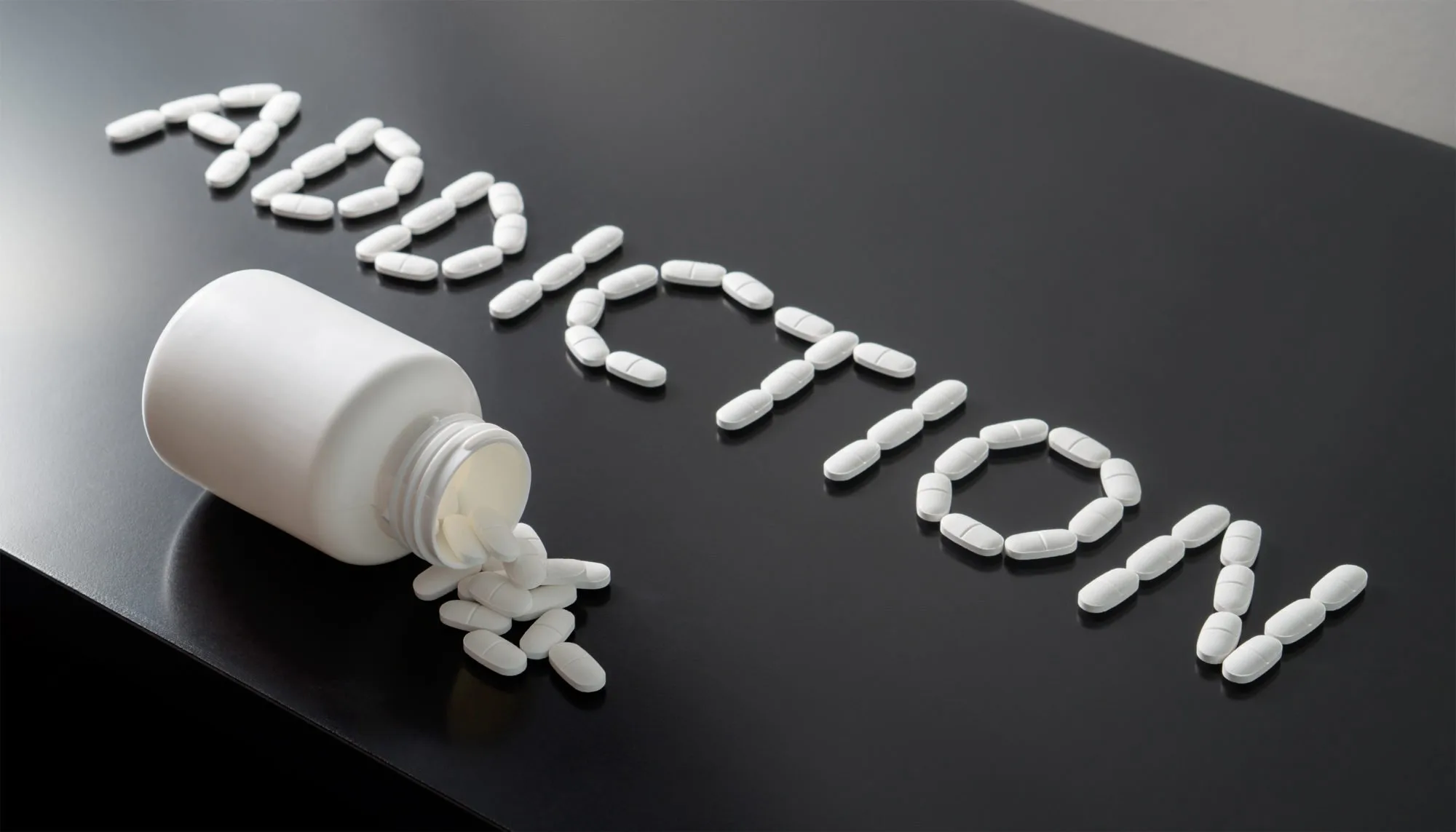It takes a tremendous amount of courage for a substance-abuse sufferer to admit they have a drug or alcohol addiction problem. It’s equally difficult for these same people to reach out and ask for help. After doing all the hard work to start recovery, the last thing anyone wants to experience is a lifetime of chronic relapses.
Substance-abuse sufferers who are serious about their sobriety will likely make an effort to do what’s necessary to protect their drug-free lifestyle from the forces of peer pressure and hardwired impulses. After committing to their recovery, an individual should pursue a 12-step program and adhere to fundamental sobriety guidelines.
If you burned bridges in the pursuit of your next fix, making amends will be a pivotal part of your addiction recovery. Suppose you stole money from a parent, romantic partner, sibling, or colleague to feed your addiction. Perhaps you cut ties with a loved one who hosted an intervention or questioned your physical/mental well-being. No matter the circumstances, as part of your sobriety journey, you’ll need to contact those individuals left in the wake of your substance use disorder.
Note that there is an observable difference between making amends versus apologizing. Clarify these differences with your sponsor or fellow recoveree. Before the making-amends phase commences, however, you’ll need to take the first step and enroll in a 12-Step program.
The 12-Step programs
When someone leaves rehab, they’re still operating in the early days of recovery from their addiction. Suppose they’re feeling doubtful about their sobriety, having difficulties saying no to temptations, or struggling to cut off enablers. In that case, the substance-use disorder sufferer in question might need to do some additional work outside of rehab. That’s why 12-Step programs like Alcohol Anonymous (AA) and Narcotics Anonymous (NA) exist.
All over the world, there are tens of thousands of 12 Step groups that serve as support resources for any recovering addicts who need a sense of community to overcome their substance use disorder. These groups are readily available to you if you’re willing to go the extra mile for your sobriety.
To help people through the recovery process, AA and NA have created what they call “The 12 Steps to Recovery.“ These steps serve as a roadmap for a full recovery from addictive behaviors, establishing the framework for protecting your mental health and personal well-being.
As part of your involvement in a 12-Step program, you’ll learn there are specific steps you need to take to ensure you establish a solid foundation for recovery. As mentioned prior, one of those steps is making amends with people whenever possible without doing additional harm. Remember, those who are reliable support systems in your life will realize that these illicit substances completely altered your personality and compromised your rational thinking and decision-making skills.
The Importance of Making Amends
As you will learn during your recovery journey, it’s a long-winded process. Each step along the way depends on you, first, accomplishing the step that comes before it, which is true whether you are formally working The 12-Steps of Recovery or implementing self-guided change.
Before moving forward, you’ll need to accept responsibility for any collateral damage you caused in the past. It might have been in the form of people you harmed or laws that you broke, all actions driven by your addictive behaviors. No matter what collateral damage you left in your path, you’ll need to confront these damages head-on.
Why?
Guilt is a powerful beast. If left undisturbed, it can completely consume a recovering substance use sufferer who’s already dealing with an influx of complex emotions. Though a seemingly normal and productive human emotion, for substance use sufferers, guilt can trigger devastating relapses.
With these life-altering consequences in mind, you’ll have to eliminate the guilt. To do so, you’ll need to forgive yourself for past transgressions so that you can move forward with a clear conscience. While challenging, this step is non-negotiable.
In most cases, the path to clearing guilt is making amends. As mentioned previously, apologizing and making amends aren’t synonymous. Apologizing in the act of recognizing and admitting you did something wrong. Making amends is about righting the wrongs whenever possible. Consider these distinctions when initiating your sobriety journey.
How to Make Amends
Making amends isn’t always a comfortable or easy thing to do. However, it’s a great alternative to dealing with the signs of alcoholism or drug addiction that you exhibited while using.
Making amends can take many forms. You might be able to make some amends by paying back the money you borrowed in the past. Making amends might involve simple gestures like making yourself available to help someone you hurt in the past. If you dedicate enough time and energy, you can almost always brainstorm new ways to make amends with your loved ones.
In summary
At this point, you’ll need to accept that you may not always be able to mend a relationship. In some cases, you won’t be able to get in contact with the people victimized by your addictive behavior. Sometimes, you’ll encounter people who can’t accept your apologies and kind gestures, as these emotional wounds are too deep. Try not to resent them. After all, their pain and suffering are valid.

Photo by Josue Escoto on Unsplash
As long as you’re willing to do something, that unto itself is making amends. You can also honor people you hurt by staying clean. Remember, making amends is as much for your benefit as it is for the benefit of your victims.
While the sense of relief and peace you receive from forgiveness should incentivize a substance use sufferer, ultimately, make amends because it’s the right thing to do. As long as you’re willing to try to do the right thing, you’ll be successful in achieving sobriety.




![women [longevity live]](https://longevitylive.com/wp-content/uploads/2020/01/photo-of-women-walking-down-the-street-1116984-100x100.jpg)










